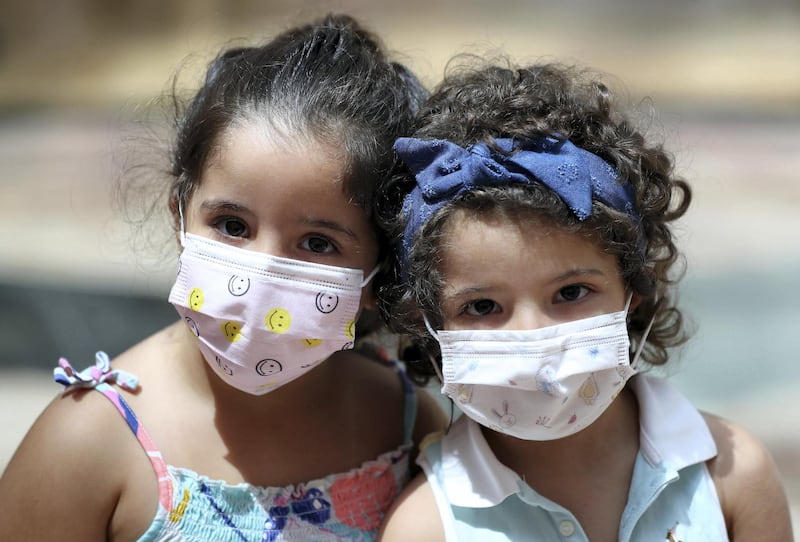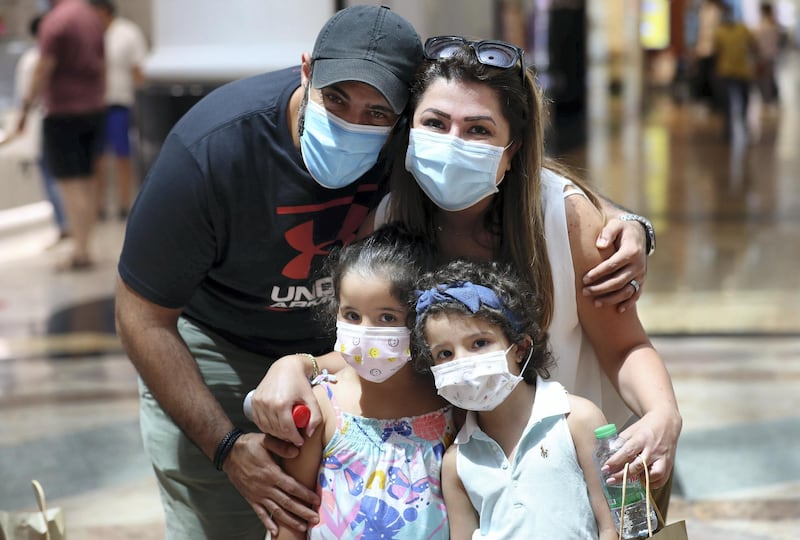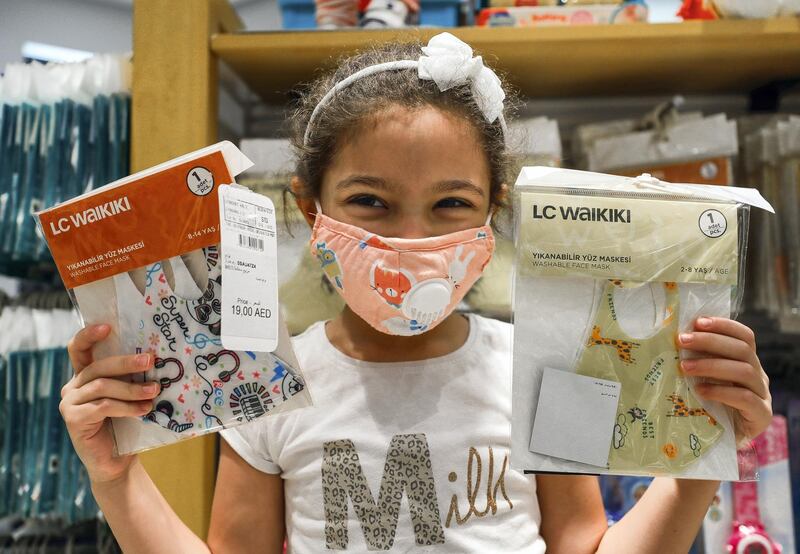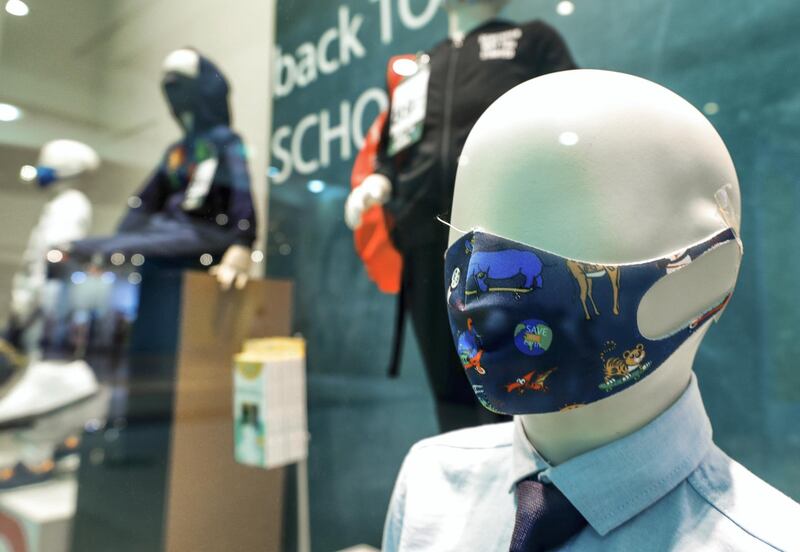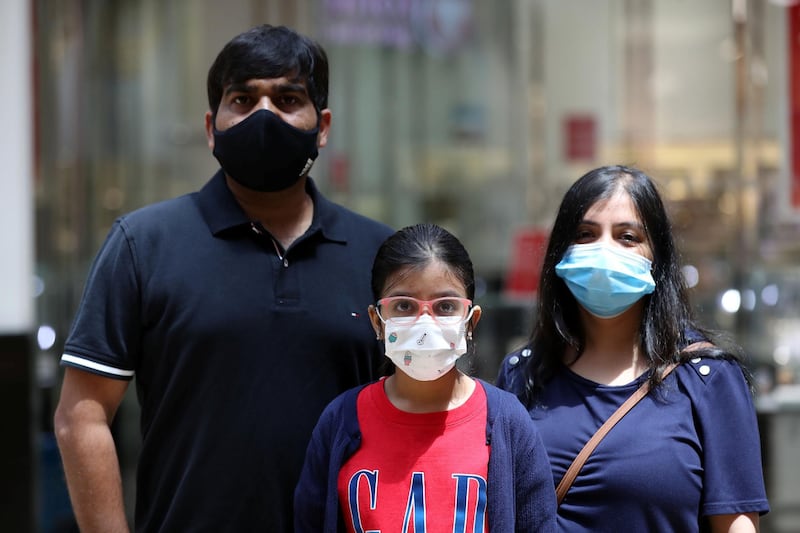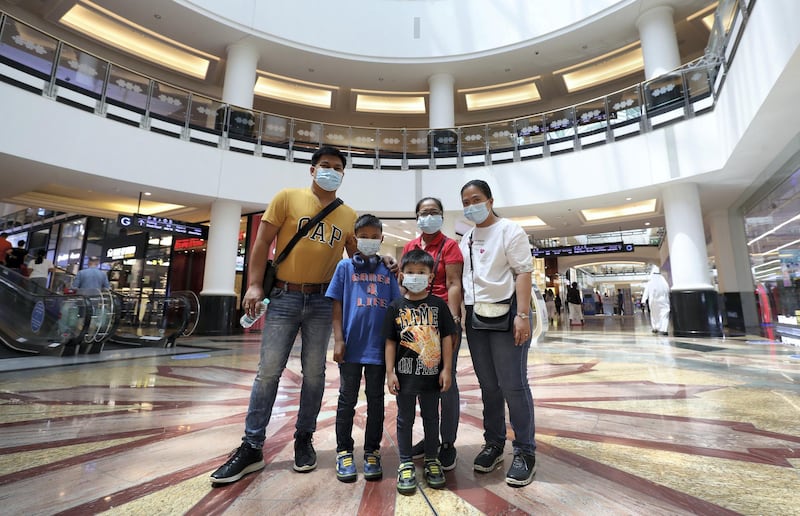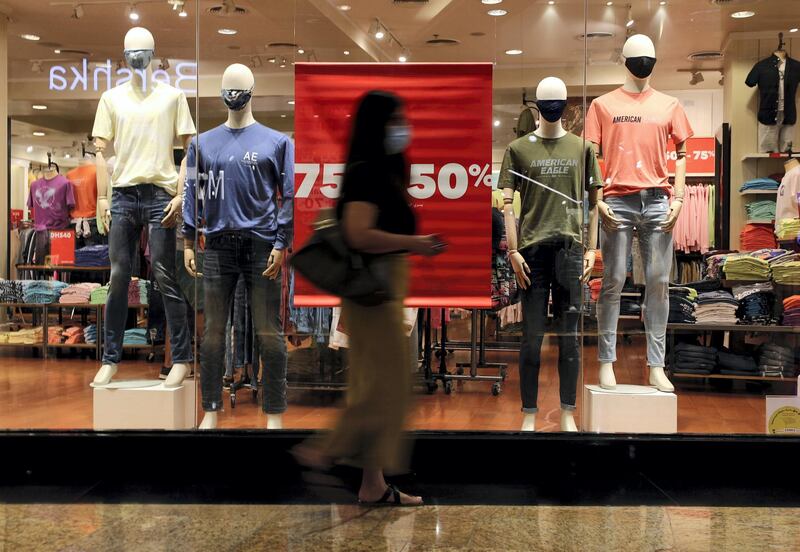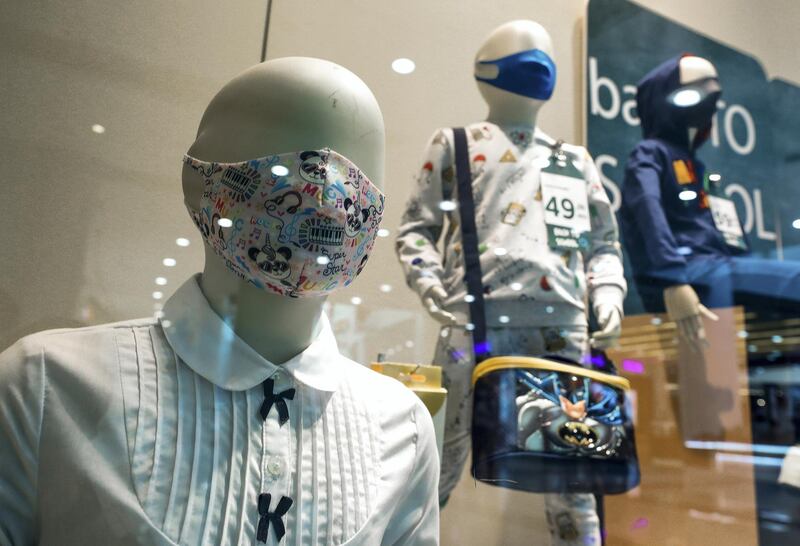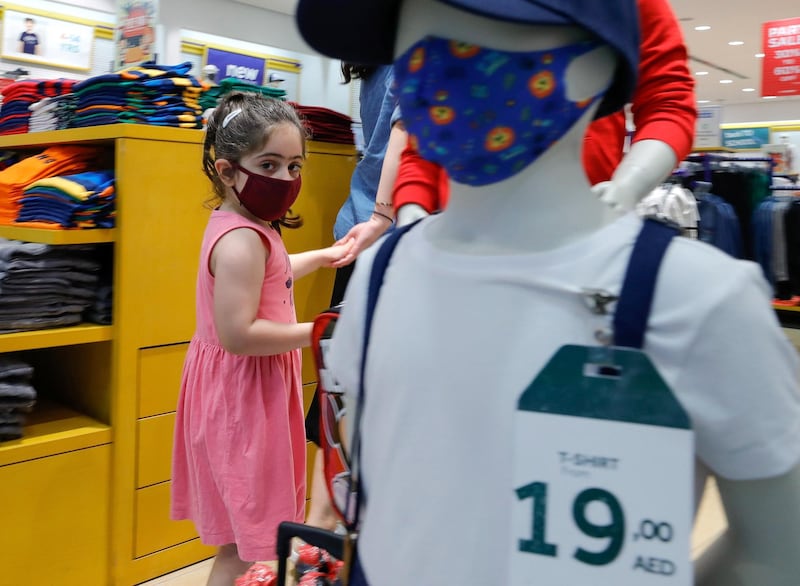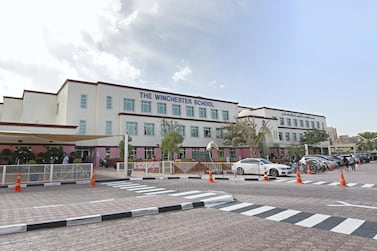Schools across the world need to show a "massive shift in productivity" to make up for months of disruption caused by the coronavirus pandemic, a top education leader said.
Andreas Schleicher, the most senior education official at the Organisation for Economic Co-operation and Development (OECD), said pupils who lacked support with self-learning or a connection with teachers had suffered the most.
Data from the United Nations shows the pandemic affected nearly 1.6 billion learners in more than 190 countries, while closure of educational institutions impacted 94 per cent of the world’s pupil population.
Children were away from face-to-face classes between March and July in the UAE. Many schools are yet to return and some had to close once again because of isolated Covid-19 cases.
"Across OECD countries, remote learning had reduced effective learning time to at best 40 per cent," Mr Schleicher told The National.
"Pupils who did not master effective learning strategies for self-directed learning, who did not have a supportive learning environment at home, who did not have access to teachers, coaches and mentors for online learning or even appropriate digital devices and software, suffered."
OECD, which is comprised of 37 developed nations, found up to 60 whole school days were lost between the outbreak in February and mid-May.
In Germany, a survey of parents found the school day halved from 7.4 to 3.6 hours during the lockdown.
Earlier this month, British researchers found the average child in England was about three months behind, in a survey of 2,200 schools.
Mr Schleicher said the disruption could even have a long-term impact on future earnings.
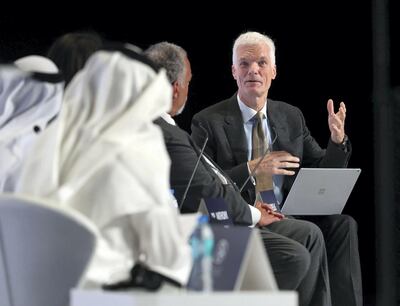
"You can expect the learning loss, if not remediated, to translate into 3.9 per cent lower lifetime earnings and a corresponding dent in GDP," he said.
"Catching up will only work if schools do not slip back into the status quo when things get back to normal, schools will need a dramatic shift in productivity."
Several headteachers in the Emirates told The National that the months-long absence from classrooms affected younger and older pupils differently. Primary-age children mostly missed out on social and emotional development, which could be caught up on in time.
More pressing was the impact on senior pupils who will sit international examinations this year and depend on their results for university.
According to an OECD report, Schooling Disrupted Schooling Rethought, extra class time would be necessary to reduce the long term impact of learning losses. Its authors suggested options such as extending the duration of the school day, extending the number of days of instruction, or teaching pupils during the summer and other school holidays.
In the UAE, education experts have studied the local impact in recent months.
Dr Natasha Ridge, head of research at the Sheikh Saud bin Saqr Al Qasimi Foundation for Policy Research, found vulnerable, disadvantaged children and those who were already behind were affected most.
"Without a doubt there is a risk of a learning gap developing," she said.
"There will be an alienating gap emerging with issues around access to technology, hardware, laptops, and access to the internet, especially for families in lower socio-economic groups.
"Pupils who are at the top-end are self-motivated would study and work hard even if there may be some disadvantages, but middle and low achievers would miss out on learning and jeopardise their chances of going to university."
A report titled The Impact of Covid-19 on Education in the UAE by the foundation, said schools in UAE needed to be better prepared to support pupils and staff for future outbreaks to mitigate risks to learning.
"Schools must prioritise supporting the most vulnerable groups, and parents need to be actively involved in their children’s distance learning," it said.
Dos and don'ts for schoolchildren in Dubai
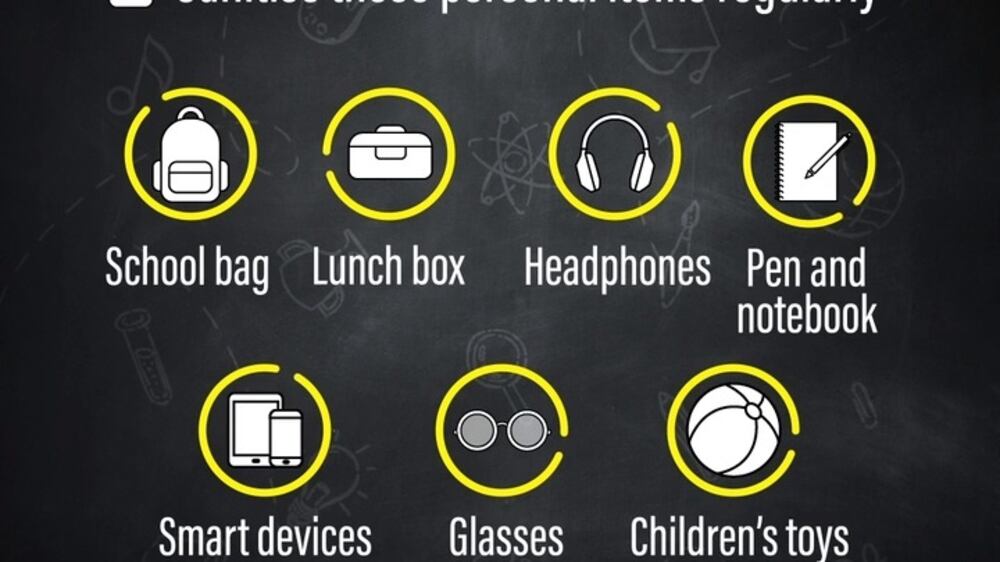
"In its current form, distance learning threatens to foster economic and social inequality if risks to accessing quality education are not addressed."
Ms Ridge called on schools to think out-of-the-box to cut learning losses.
She said the challenge for schools was to engage pupils without increasing their screen time or overburdening them as this would lead to burn out.
She said schools could assign pupils project-based work and creative homework.
Muneer Ansari, director at the International Indian School in Abu Dhabi, pointed out that the vulnerable pupil community had faced challenges while studying remotely.
"If they continue distance learning, there is a huge challenge," said Mr Ansari
"In some cases, the children are at home and there is no one to support them with distance learning while if there is more than one child, having a sufficient number of devices is a problem.
"Some parents cannot afford to have two or more devices and asked their children to use their mobile phones for distance learning."
Jodh Dhesi, deputy chief education officer at Gems Education, said schools had begun working to mitigate learning losses.
He said that in some schools in the UK, e-learning had never been used before and families had to use worksheets for months.
"In a local context, we have been able to ensure continuity in learning throughout the remote learning period. We were set up to do it in terms of technology and there was the ability ensure teachers were able to teach online," said Mr Dhesi.
